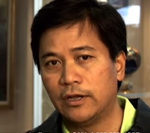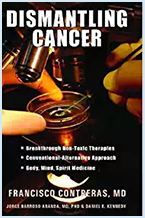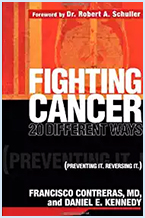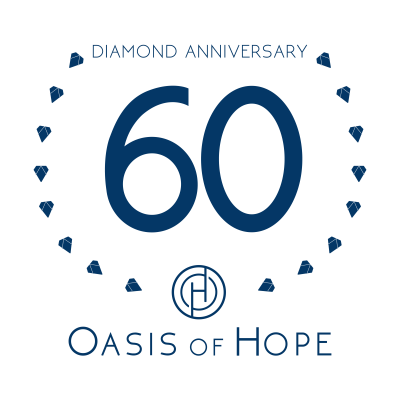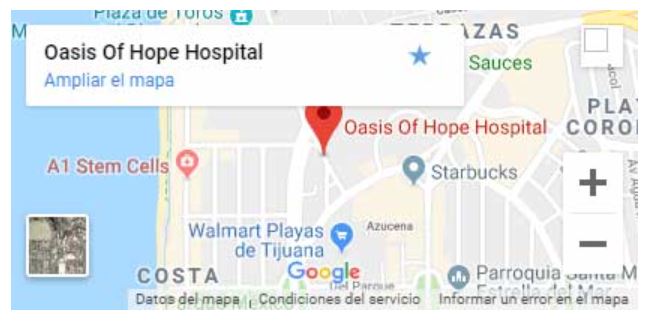Apoptosis Inducing Therapy
at Oasis of Hope
The Place for Alternative Cancer Treatment
Every healthy cell has a life cycle. It is formed, it functions, and then it has a program for it to die and make way for a new cell to replace it. Programeed cell death is called “apoptosis.” An important quality of cancer cells is that they do not die because apoptosis does not occur naturally in them. One of the reasons is that insulin and IGF-1 block apoptosis in malignant cells. This is why tumors continue to grow and their cells never die. Molecular biology has gradually been unraveling the way in which the body’s cells work. “Signal transduction” refers to the way in which proteins cause cells to communicate with each other and induce certain behaviors.
The genetic material of cancer cells is typically altered in ways that over-activate intracellular signal transduction mechanisms; specifically, the ones related to the malignant behavior of cancer. Some of these mechanisms prevent the process of apoptosis (programmed cell death) as well as support cellular multiplication, tissue invasion and metastasis (the spread of cancer to distant organs) and resistance to being killed by chemotherapy or radiation.
Oasis of Hope uses specific nutrients, phytochemicals (natural chemicals derived from plants) and drugs to suppress signal transduction pathways that are overactive in cancer cells. There are a number of nutrients that induce apoptosis within malignant cells which helps inhibit a tumor’s capacity to grow, spread to distant organs and grow the new blood vessels necessary to feed itself. The nutrients, phytochemicals and safe drugs we use in the Cell Signal Transduction Therapy include omega-3 fatty acids from fish oil, milk thistle extract (silibinin) and green tea extract, boswellic acids, salsalate, diclofenac and disulfiram.


